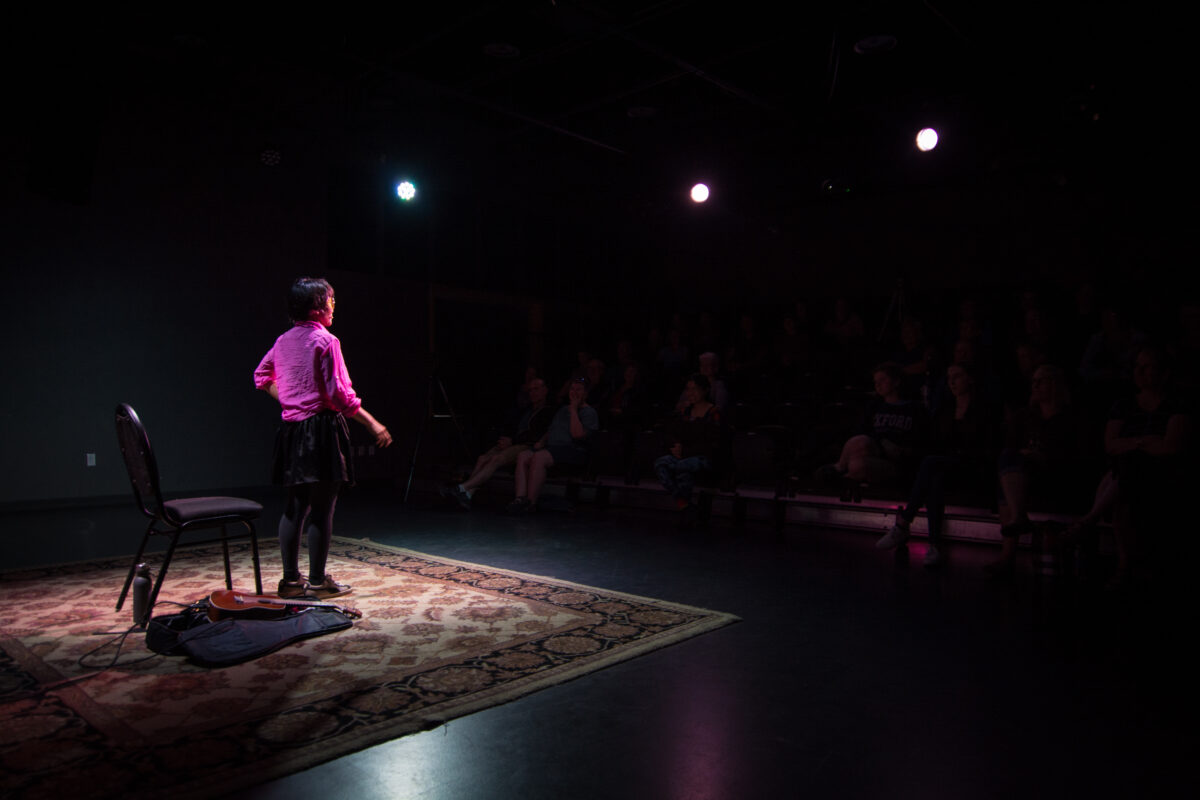Performance artists are reinventing the medium after Covid-19 has forced many theatrical performances to adapt their work for a digital space. Fringe Toronto, a charitable theatre organization based out of the GTA, was primed to stage its annual winter festival, Next Stage, for a live audience this week. However, after the Ontario government reintroduced a raft of lockdown measures on January 5th, Fringe was forced to go virtual. It was originally slated to run until January 30th but has since been extended until February 13th.
“Turning something digital is actually really difficult. We’re not film people,” says Lucy Eveleigh, Executive director of Fringe Toronto.
“For me, it has increased my appetite for closeness and intimacy on stage. I want to see people sharing space and sharing breath,” said Gregory Prest, writer, and Producer of Bremen Town.
Both speak to the challenges of adapting a stage show to a digital audience but neither of them are planning to give up. Prest speaks well of the work he’s done with Fringe and hopes that it may continue in the future. Despite the cancelation of his production due to a positive Covid test in his cast, he is happy to work with Fringe to find an audience for his show.
Adapting quickly to the new restrictions has not been easy, but Eveleigh says they were more prepared this time because their festival was planned on a hybrid model. The digital format even comes with some creative opportunities.
“Artists have adapted to be able to create what I think of as this new genre of digital theatre, which is not a film and it’s not theatre, it’s something in between,” said Eveleigh. In fact, multiple performances for this year’s festival were designed specifically for a digital space.
Saving Wonderland, for example, is an interactive performance where patrons watch the show virtually while using Gamiotics software to determine the direction of the story. Collaboration between artists has been made easier as well.
“People are able to work with people that they wouldn’t necessarily be able,” said Eveleigh. The new format also removes physical barriers for performers and patrons with accommodations. This is a meaningful change for Fringe, which has an ongoing commitment to making theatre accessible.

Fringe Toronto is not the only one finding opportunity in a new world. Their performances are as well. Vivian Chong’s, The Sunglasses Monologue, is about how she recovered from the loss of her eyesight. It explores themes of betrayal, rebirth, and adaptation. It is a powerful story at a time when many industries are reinventing themselves.
Chong says it’s been amazing to work with Fringe. For previous tours, Chong’s performance was a one-person show in every sense of the term.
“I do everything, promotion, marketing, write a play, do the producing, do the lights, make the song even,” she said. With the support of Fringe, Chong is able to focus more on her art.
For all that has changed in the theatre industry, the medium remains challenging and intimate. With its emotional range, Chong’s story is no exception.
“All I know is you got to tap into yourself and ask, ‘who are you,’ and then from there good things can come out,” she said. Future theatre students may be comforted to know that there is still plenty of room on the stage for courageous performers.

